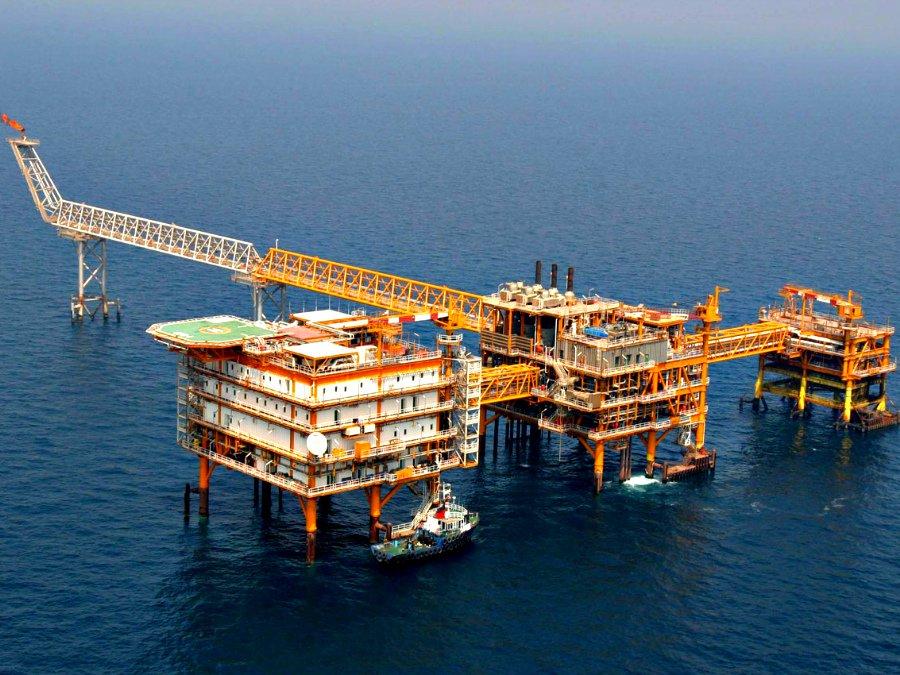The field holds approximately eight percent of the world’s natural gas reserves and around 18 billion barrels of condensate.
Iran has exceeded Qatar in gas extraction from the vast South Pars field by 100 million cubic metres (mcm), according to Iran’s oil minister.
“We set an unprecedented record in gas production, and Iran has been ranked first among the Gas Exporting Countries Forum (GECF) members in terms of gas production increase,” Javad Oji said in a press conference on Saturday, as reported by Tehran Times.
“In the South Pars joint field, we extract 75 to 100 million cubic metres of gas more than the Qatari side,” he added, saying that Iran’s gas production growth was at five percent.
Located in the Persian Gulf, the world’s biggest natural gas reserve is shared between Iran, which calls its portion South Pars, and Qatar, who refers to it as the North Dome.
The major offshore field spans 9,700 square kilometres, with 3,700 square kilometres falling within Iran’s territorial waters. The remaining 6,000 square kilometres, the North Dome, lie within Qatar’s territorial waters.
The minister went on to detail that the oil ministry has inked contracts worth $20bn with major corporations aimed at enhancing the recovery rate of wells in the South Pars gas field.
The field holds approximately eight percent of the world’s natural gas reserves and around 18 billion barrels of condensate, divided into 24 phases.
Qatar, along with international firms, have used the field and transformed it into the world’s largest exporter of liquefied natural gas. The giant gas field holds approximately all of Qatar’s gas production and about 60 percent of its export revenues.
Recent estimates indicate that the Iranian section of the field contains 14 trillion cubic metres of in-situ gas, representing 50 percent of Iran’s total reserves.
Oji also noted significant progress in Iran’s oil industry under the 13th government administration, revealing that 150 projects worth $34bn have been launched in the first three years.
Among these projects is the development of South Pars gas field phase 11, which had previously been dormant.
“The country managed to acquire good revenues by implementing these kinds of projects in the oil, gas, refining, and petrochemical sectors,” he explained.
Regarding international collaborations, Oji expressed optimism about expanding ties with Russia, highlighting the signing of $5bn worth of oil contracts with Russian companies.
He affirmed that current oil production of 250,000 barrels per day originates from these agreements.
Oji maintained that in defiance of crippling U.S. sanctions, the late President Ebrahim Raisi’s administration had taken decisive steps within the oil industry.
“I should announce that any government that comes to power in the U.S. cannot prevent the export and production of Iranian oil,” he said.







